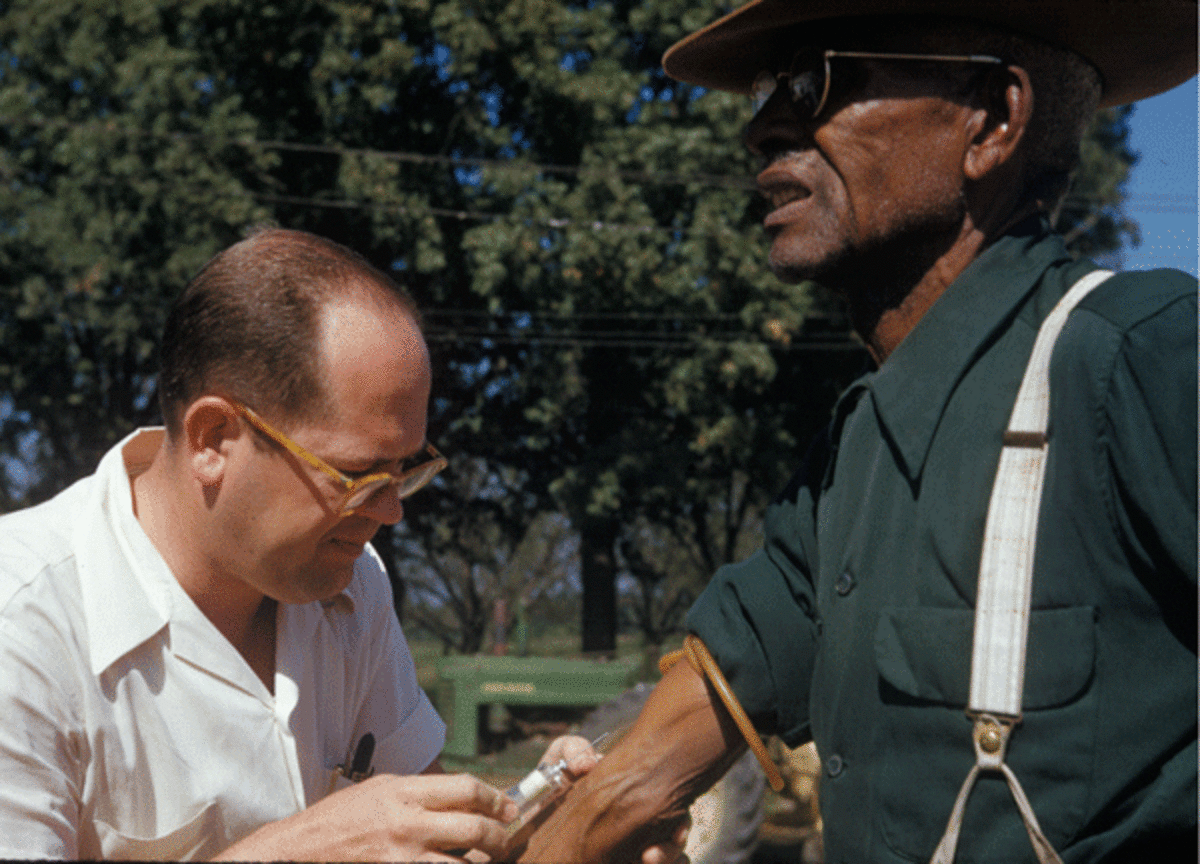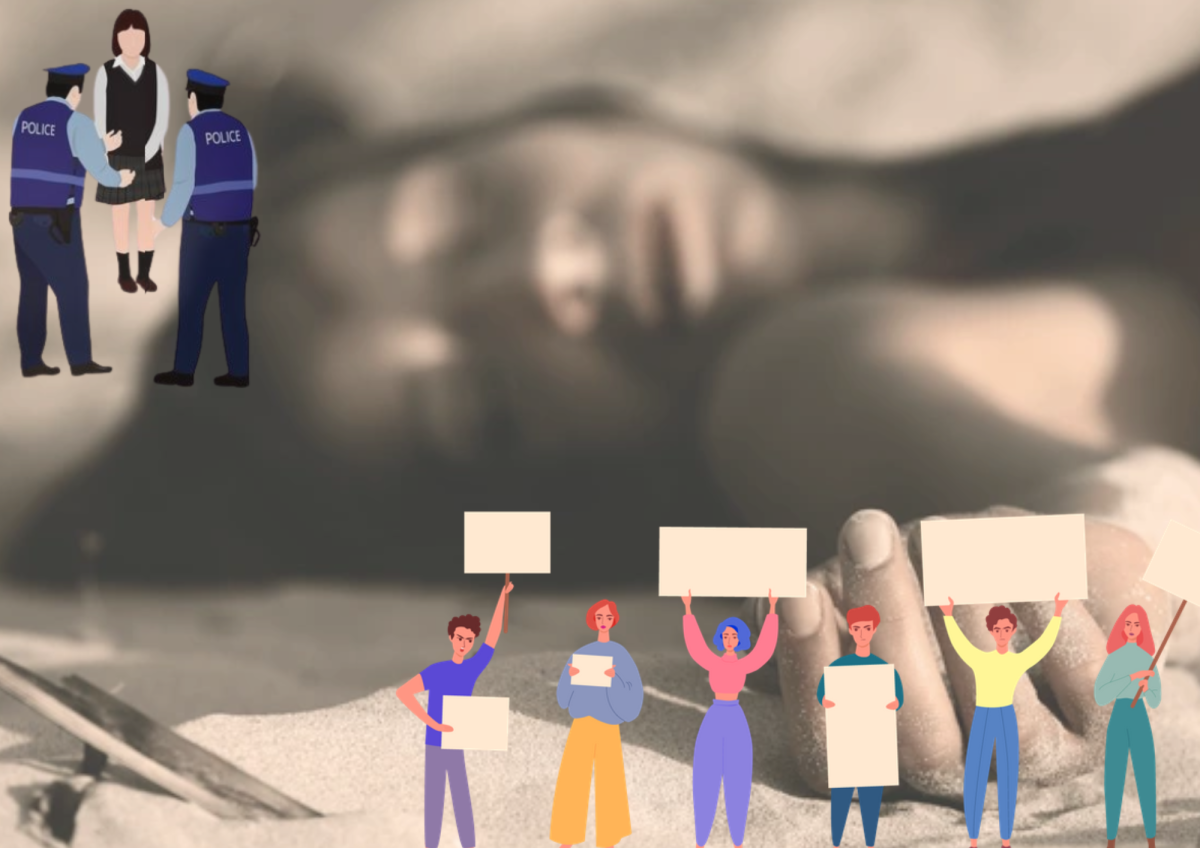Avoiding Dangers In Human Experimentation

Origin of Human Experimentation Regulations
The Nuremberg Code protocols of 10 requirements were established in 1949 after the related war crimes trials with the intent of preventing the inhumane treatment of human subjects in medical and psychological experiments that captives suffered from the Nazi Third Reich, some Japanese scientists, and a few members of the US military during WWII and the earliest post-war years.
The full text of the Nuremberg Code is available at New England Journal of Medicine 1997; 337:1436-1440. www.nejm.org/doi/full/10.1056/NEJM199711133372006 Retrieved July 16, 2015.
Speculation in the literature is that from 1945 to the Korean War, certain individuals hurried to complete intrusive human experiments before Nuremburg regulations became official. The glaring undercurrent is that the human subjects were really not human, based on their race and congenital deformities; and, that the data from experimentation was vital to nuclear and aerospace development and to be obtained without failure or excuse.
This is a shocking premise.
The Nuremberg Code
The Nuremberg Code for conducting human experimentation begins: 1.) The voluntary consent of the human subject is absolutely essential.
Questionable Studies, WWII and Today
Some Japanese experiments may have been more gruesome than some of those in WII Germany, because they included large numbers of children and adults that suffered from genetic abnormalities. Many were housed on Okinawa as well as in a Japanese laboratory in China. Military memos of the late 1940s connected with Otis Benson, M.D. refer to current and proposed human studies and a debate is on in UFO circles about whether any experimentation was performed with Japanese persons or volunteers from among felons in America, or just whom, specifically.
A belief of one faction is that during the years surrounding the Roswell UFO Incident, around the end of WWII to about 1950, a few US military personnel imported some non-consenting captives of the Japanese experiments to White Sands and Alamogordo AFB to test simulated-nuclear powered balloons and G-forces in the upper atmosphere; some crashed and muddied the accounts of witnesses to Roswell.
Regardless, experimentation with non-consenting persons is illegal and we want to stop it. Information below states why.
Sentience Suggests the Need For Human Rights In Experimentation
Today, some artificial intelligences and some members of the Animal Kingdom exhibit signs of sentience. In this light, it is a horror to conceive of the notion held during the early Cold War that any person with a genetic condition resulting in short stature, slightly enlarged head and eyes and the lack of a finger or the inclusion of an extra finger on each hand is not human.
Today, the Heartbeat Bill in the Ohio legislature calls for recognition of humanity in an unborn human at the first sign of an in utero heartbeat, while an island of Japan is successful in registering nearby dolphins as human beings in order to protect them from illegal fishing. The 2010s seem to be a different world that that of the early Cold War.
Another issue is the concept that was alive until the 1980s - at least in my state - that children are not people who have rights. I recall several arguments over the status of children in university classrooms and courtrooms.
One judge stated in open court that a child is the legal property of "its" parents, who can "do anything that they want to it."
Today, that is a criminal statement.
It was the 1980s before child protective services could depend on the legal arm of government to back them in helping abused and neglected children.
Preserving human rights is imperative.

The key contribution of Nuremberg was to merge Hippocratic ethics and the protection of human rights into a single code.
— Evelyne Shuster, Ph.D. in the New England Journal of Medicine 1997Objections to the Existence of Psychology and Its Experiments
Numerous individuals have opposed psychology since its early development as an academic discipline and a field from which to draw healthcare related treatment. A current human rights movement is at work to ensure that people with Severe Mental Disorders are afforded human rights.
A small resurgence of objection to the existence of psychology occurred in July 2015, when a few members of the American Psychological Association were alleged to have been complicit in condoning extreme and tortuous interrogation techniques used by Americans in war prisons like Abu Graib. Several leaders of APA retired early or otherwise stepped down from their positions immediately after these revelations occurred.
Another questionable element in handling human beings for study and treatment is illustrated by classroom use of an old film produced in a forensic psychiatric institute in Massachusetts. Up until recently, entry level college students viewed the 1867 film Titicut Follies.
It shows institutionalized patients in various stages of dress and undress as they suffer various mental health episodes, along with a music hall type of production that Americans call the variety show or follies in the era of this movie. The film features patients and staff, but were signed releases obtained from patients for this film production? That item is unclear. However, abuses in the facility were exposed for correction in the film.
The Nuremberg Code
4.) The experiment should be so conducted as to avoid all unnecessary physical and mental suffering and injury.
Human Rights Can Slip Away
Human rights sometimes may have taken a backseat to meeting deadlines for collecting data in experiments during WWII and in the early-to-middle years of the Cold War (about 1945 - 1989). We know that the subjects of experiments under Hitler's regime, as well as concentration camp captives, were afforded few or no rights. Some similarities emerge in human experimentation in 1970s America, even though our motto has been for decades Never Again.
One such problem set emerges from the Stanford Prison Experiment of 1971.
A two week experiment with male students in a simulated prison with students in roles of Guards and Prisoners, this study produced mental and physical attrocities that escalated from Day One and erupted on Day Six to what the lead researcher, Phil Zimbardo, calls pornographic abuse, at which point researchers ended the study. Since 1971, he has worked stringently to improve the American prison system.
The lead researcher seems to have awakened from an obsession when he viewed the infractions of Day Six on live feed. He had been determined to gather all the data possible for the US military without allowing a single subect to quit, but this was impossible, because of contracts signed with these students. This scenario is a bit like early Cold War studies mentioned.
All of the above scenarios are reasons that we must maintain and enforce human rights and human subject protocols in all human experimentation in any discipline, including mental health, medicine, education, and warfare techniques and weapons.
The Nuremberg Code
10.) During the course of the experiment, the scientist in charge must be prepared to terminate the experiment at any stage, if he has probable cause to believe, in the exercise of the good faith, superior skill and careful judgment required of him, that a continuation of the experiment is likely to result in injury, disability, or death to the experimental subject.
A Last Example: Human Rights at Work
The preceeding material reminds me of some similarities with treatment of employees at one company for which I worked.
We had two dozen managers in the city and one summer, over the course of two days, each of us was called in to headquarters for a meeting alone with a supervisor. When a manager arrived, each was locked into a small room that contained only two chairs. Some pounded on the door and demanded a phone call to an attorney.
Those of us who agreed to questioning were Mirandized (read our rights) by a secretary - this is not legal. We were not working for law enforcement or in the presence of law enforcement personnel. For those who were questioned, they were asked about a robbery within the company stores. Some managers knew nothing about it or even that a robbery had occurred.
After the first day of appointments, questioning was abruptly stopped and the remaining manager appointments cancelled. None of us managers heard anything more about a robbery, but we were informed that the security director had left the company at the end of that week.
This is the closest I have been to inappropriate questioning - mild, but it was still upsetting. Employees have human rights, just as does everyone else. Celebrate Human Rights Day!

As researchers, educators, and even employers, we should be aware of the Nuremberg Code and enforce human rights. The American Psychological Association is committed to human rights.








